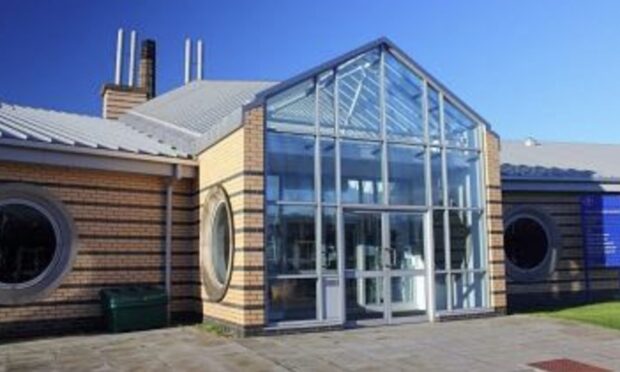The chief executive of UK Onshore Oil & Gas has called for the heeding of studies by experts which he says “clearly demonstrate the case for lifting the moratorium on unconventional oil and gas development in Scotland”.
Ken Cronin was commenting on the Scottish Government launch of a public consultation into the issue.
Energy Minister Paul Wheelhouse said the Government has sought to present impartial information on unconventional oil and gas to encourage informed dialogue and debate.
He stressed that the consultation, which is to end in May, did not advocate a preferred Scottish Government position or policy.
The public’s views are sought on unconventional oil and gas in Scotland, including fracking – drilling into the ground and shooting a mixture of water, sand and chemicals to release shale gas and methane.
A moratorium temporarily forbids fracking, despite existing licences for swathes of central Scotland.
Methil, Kirkcaldy and Rosyth are among the areas which have significant underground reserves of untapped shale gas.
David Watt, who heads the Institute of Directors in Scotland, has warned that the lights could go out by the end of the decade if fracking is banned as renewables alone will not meet the demand for electricity.
Chemicals giant Ineos has invested $2 billion in shipping fracked shale gas from the United States to Grangemouth, where it has safeguarded 10,000 jobs.
Mr Cronin said: “The studies by experts including Health Protection Scotland, KPMG and the British
Geological Survey clearly demonstrate the case for lifting the moratorium on unconventional oil and gas development in Scotland.”
Gas plays an important role in Scotland’s domestic economy, and he added: “We are confident that hydraulic fracturing can be done safely and environmentally sensitively within the regulatory environment in Scotland.”
However, Mary Church of Friends of the Earth Scotland said: “Fracking is bad for the climate and public health. If we don’t turn the current moratorium into a ban, communities will continue to be at risk from this dirty industry.”
Mr Wheelhouse said that the Scottish Government has to make a very important decision.
He added: “Once the responses have been independently analysed, we will consider the full range of evidence and make our recommendation.”
The Scottish Parliament will then take a vote by the end of 2017.










